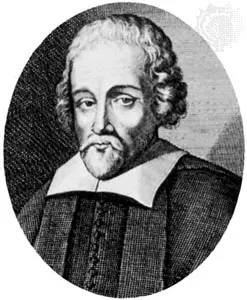Socinianism is a theological trend that emerged from the Reformation in the course of the 16th century and is characterised by a rejection of the Trinity and a preference for rational argumentation and an emphasis on the moral quality of Christianity. In the 17th and early 18th centuries, it was perceived as a major threat by all Christian denominations; its representatives could only live out their religious beliefs in Poland, Moravia and Transylvania. Towards the middle of the 17th century, they were also expelled from there and dispersed across Western Europe, where they gave impulse to the emerging Enlightenment.
Cooperation
The network loosely unites a number of research projects in the field of this Antitrinitarianism/Socinianism which, independently from each other, have emerged in Germany in recent years. It promotes regular meetings and encourages exchange between the projects.
- Prof. Dr. Friedrich Vollhardt / Dr. Martin Schmeisser (München): Krypto-Sozinianismus in Altdorf SFB 573
- Dr. Kestutis Daugirdas (Mainz): Sozinianische Netzwerke im 17. Jahrhundert und ihr Einfluss auf die Frühe Aufklärung
- Dr. Sascha Salatowsky (Gotha): Die Philosophie der Sozinianer
- Prof. Dr. Martin Mulsow (Erfurt/Gotha): Die Korrespondenz Samuel Crells (Beantragung in Vorbereitung)
- Dr. Łukasz Bieniasz (Wrocław): Polnische Brüder im brandenburgisch-schlesisch-polnischen Grenzgebiet. Migration und Kulturtransfer in der Zeit der Gegenreformation und Frühaufklärung.

![[Translate to English:] Platzhalter](/fileadmin/_processed_/0/b/csm_Platzhalter_4752ccf1f2.webp)

